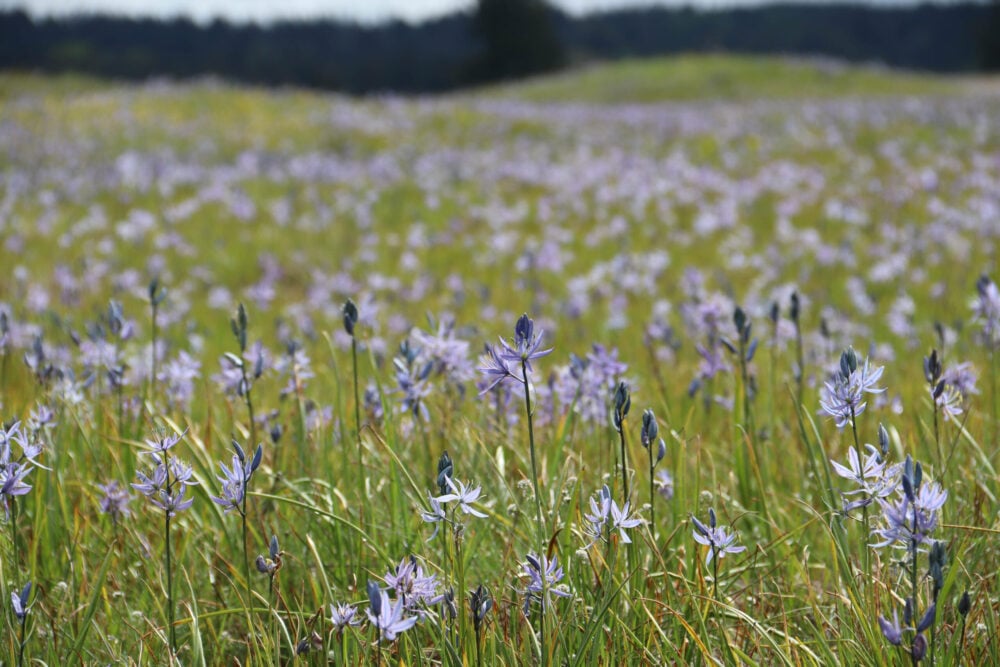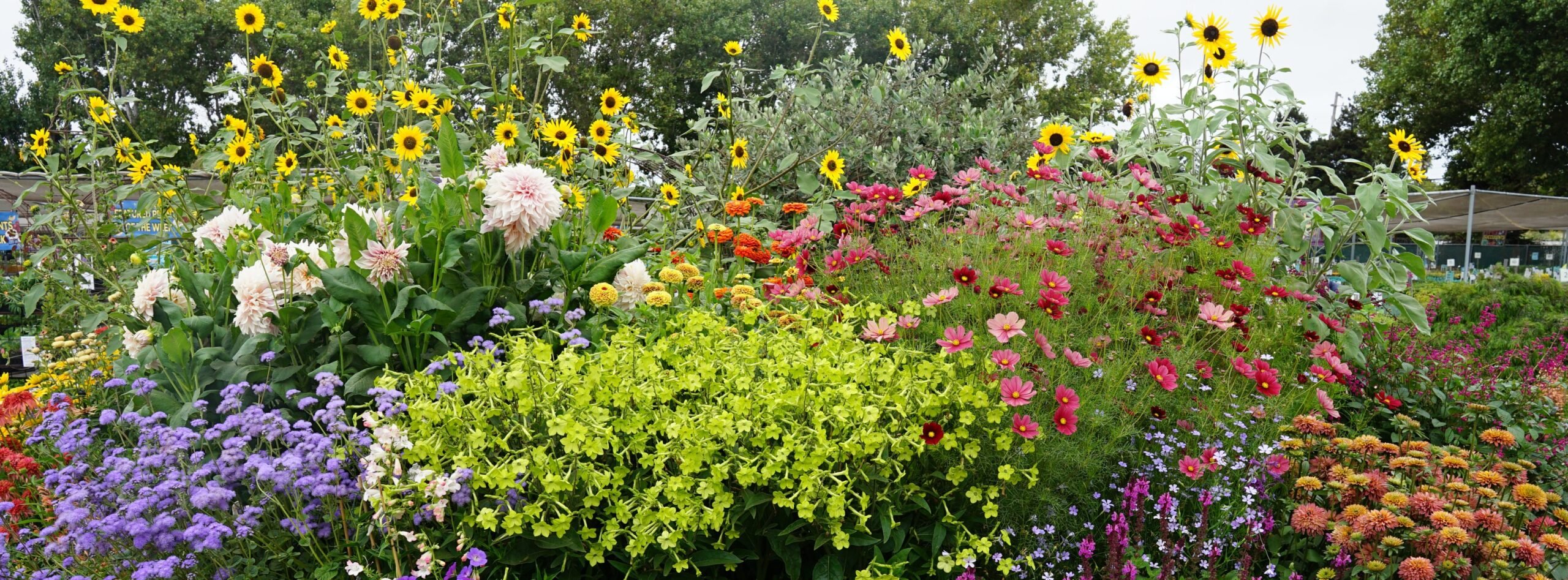
Contributor
- Topics: Archive
Gardening for wildlife has received a lot of press lately; it is, in fact, one of the primary reasons that I garden. It’s unlikely, however, that anyone promoting wildlife in the garden has given much thought to slugs and snails in those same gardens. These gastropods are usually classed as garden pests; in fact, many species, particularly those introduced from southern, central, and northern Europe, are pests here in the West, having evolved in association with many of our common garden plants.
There are, however, native snails and slugs that play a critical role in the ecology of the West’s forest habitats, helping to disperse seeds and spores, recycle nutrients by devouring decaying plant and animal matter, and, in the case of banana slugs, grazing on sprouting seeds that might otherwise crowd out redwood tree seedlings. These native species are seldom a problem in our gardens, preferring mosses, leaf litter, and fungi to our precious garden plants.
Combining clever wit with solid science, David George Gordon has produced a most engaging, enlightening, and entertaining treatise on the evolution, anatomy and physiology, and ecological place of snails and slugs. He also offers recipes for preparing them for the dining table, as well as secrets for controlling them in the garden (guinea fowl seem to be the best answer). However, as Ciscoe Morris notes in his introduction, “after learning what incredibly fascinating creatures [snails and slugs] are, you might not even care” to eliminate them from your garden.
Richard G Turner Jr, editor









Responses